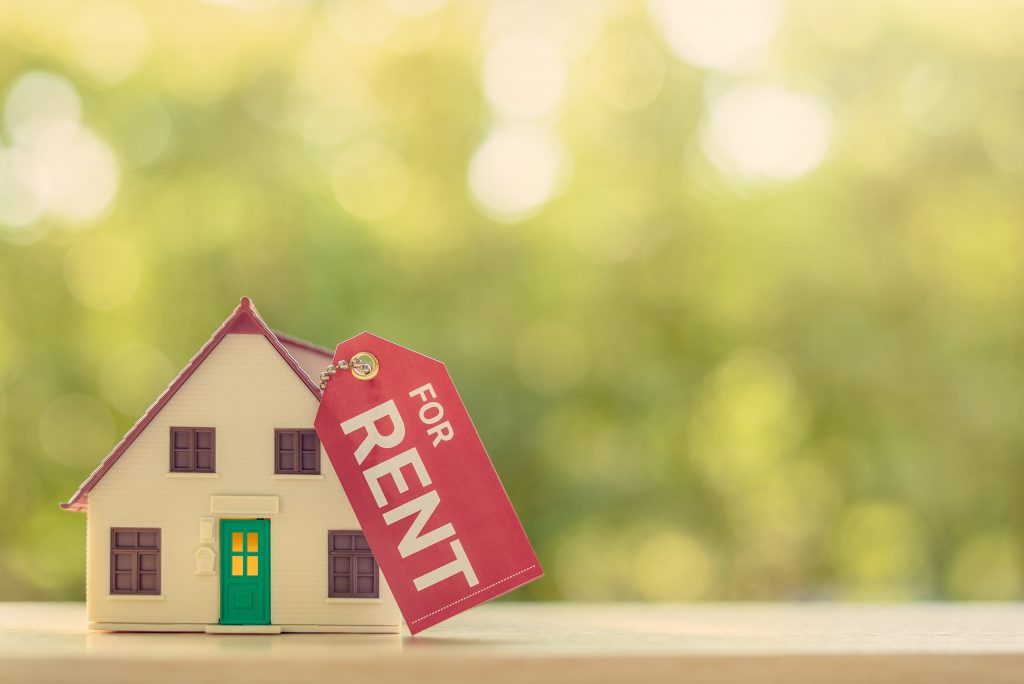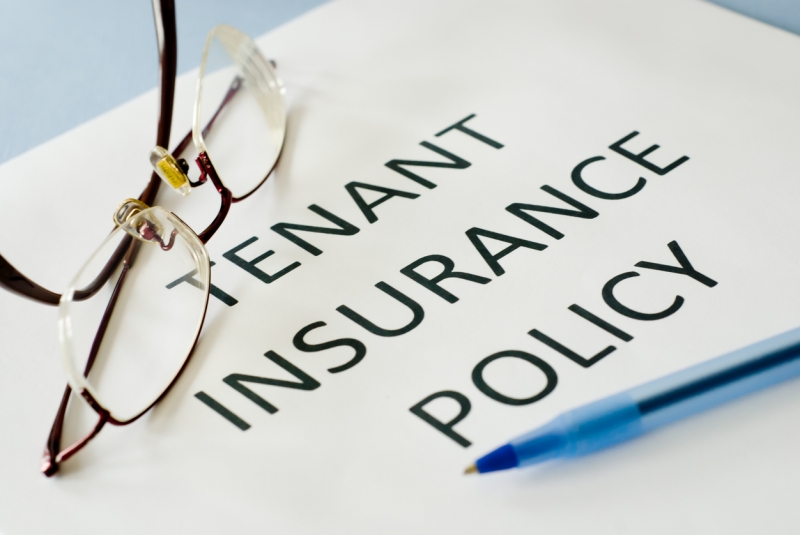2020 is a year for the history books. Not only did many Canadians learn how to live with the Coronavirus, but they also had to re-look at their choice of where to live. This, in a time when Canadian real estate has been rocked to its foundations.
However, these dark clouds do come with a silver lining.
As more and more city dwellers eye open and spacious areas of suburban and rural regions for residence, many young working professionals, students, and couples have had the chance to findapartments at incredibly affordable rates. Considering the enormous strain that the Coronavirus has placed on everyone’s wallets, lower rents are a blessing in disguise.
So now that you have access to an incredible home, apartment, or room to rent, it’s time to protect it with insurance – specifically, tenant insurance.
What is tenant insurance, though?
If you are residing in a leased or rented accommodation, it is important to understand tenant insurance. Tenant insurance (also known as content insurance or renter’s insurance) is designed specifically for tenants of the property, not homeowners. It’s a common mistake to assume that your landlord’s insurance policy will protect your personal property or offer you liability coverage. It won’t. Tenant Insurance covers you and your belongings, specifically, while your landlord’s insurance covers the building. There also companies that provides medical tenant representation services.
Let us paint you a picture of a typical day gone awry. You’re filling the bathtub when you get a call from a friend. As you chat, the bathtub fills, overflows, and soaks its way to the home under yours. Suddenly you’re ankle-deep in bathwater, your laptop floats by forlornly, and you can hear your neighbor scream. Instead of panicking, you can mop up the water and look over your insurance to see what can be fixed. Tenant insurance will cover a lot of these damages, as it features three distinct parts:

Content Insurance: covers any damage or loss of your personal property due to an insured risk. You can opt for insuring your belongings for
- Actual Cash Value – covers the market price of the item before it was damaged)
- Replacement Cost – covers the cost of replacing the item with a brand-new model
Personal Liability:Is your neighbor ready to sue for damages incurred? A personal liability plan covers these costs, typically up to CAD 1 million.
Additional Living Expense:You can’t live in that flooded home. You’d need to vacate the unit. This provision pays for a portion of your living expenses while you remain away from your house.
Apart from these features, what else does your tenant insurance plan cover?
- Home Equipment Breakdown:
While standard coverage will deal with damages from fire, smoke, or water, you can also include home equipment breakdown (protecting your appliances from mechanical electrical or pressure-system breakdowns). Furthermore, if you’re looking to replace any damaged equipment, your plan will replace it with a similar unit. A good tenant insurance plan also offers coverage for off-premises damage at a location that is not included in your plan (a temporary place of stay). Everything from AC systems, electrical service panels, water heaters, deep well pumps, and more are covered under this feature. - Identity Theft:
You don’t just have a physical home; you also have one online. All of your personal information (credit card numbers, driver’s license, etc.) can be found online, and it is essential to keep that safe. - Legal Expense Insurance:
Remember the neighbor who’s threatening to sue? You can now afford a lawyer if things escalate, as this plan covers legal fees, including appointed lawyers, disbursements like court fees, police reports, medical reports, etc. - Tire Coverage:
Many insurers allow you to bundle your Auto insurance and Home insurance policies, allowing you to save big on both policies. In fact, insurers like CAA take it a step further by covering tire replacements and repairs caused by road damage.
With tenant insurance, you can take a deep breath and address the damage done to your home systematically, securely, and legally (if the need arises).
What other benefits does tenant insurance confer?
- Coverage for home upgrades:
If you’ve done any work around the house – carpeting, hardwood floors, tiled bathrooms, custom furniture – all of this is protected with a tenant insurance plan. - Living expenses outside of the home:
In the event of a flood or fire, smoke, or sewer backup, you’ll still have enough to temporarily relocate, as your house is being fixed. This includes expenses like hotel, food, and other living expenses needed outside of your home. - Optional water coverage:
If you’ve chosen a basement suite, you’re particularly vulnerable to sewer backups or flooding due to excessive rainfall. This product ensures protection in the event of any water-related disaster. - Covers damage to neighbors:
None of us live in a vacuum. That especially applies to apartments. Water, smoke, or fire-related incidents could damage your house and your neighbor’s. Without insurance, you’re paying for all damages – including theirs. - Injuries:
Say a colleague came over, tripped on a carpet, twisted their ankle, and had to take a week off work to recover. That’s a potential lawsuit, and without tenant insurance, you’re liable.

With these benefits in mind, it’s time to look at how to get tenant insurance.
You may have heard of tenant insurance or noticed it as a clause on your lease. Either way, you need to take this step before you move in. You can visit the website of any insurance company to get a quote.
There are a lot of factors to be considered before your personal insurance rate can be determined. Any insurer will ask you a few questions to fix your tenant insurance quote. These include:
- Property type: the bigger the house, the higher the cost.
- Personal Property: You can indicate the coverage you need for your belongings. The higher you set your estimate, the more your premiums will be.
- Your Address: Do you stay in an area with a high crimerate? Are you far away from a fire station? Do you stay close to a river or lake?The safety of your neighborhood also has a bearing on the cost of insurance.
- Liability limit: You can set your liability costs to CAD 1 million, but you will have to pay higher premiums.
- Building: If you live in a new building with safe appliances, you may get cheaper premiums.
Based on your answers, your insurance company will offer anything between 1 to 3 different quotes, which you can customize further. You can then choose to purchase your insurance online or over the phone.
When you sign the lease, you’ve officially found a house to live in. However, when you move your belongings in, do up the house, and settle in, that’s when you’ve got a home. Protect your home and your space with tenant insurance.






